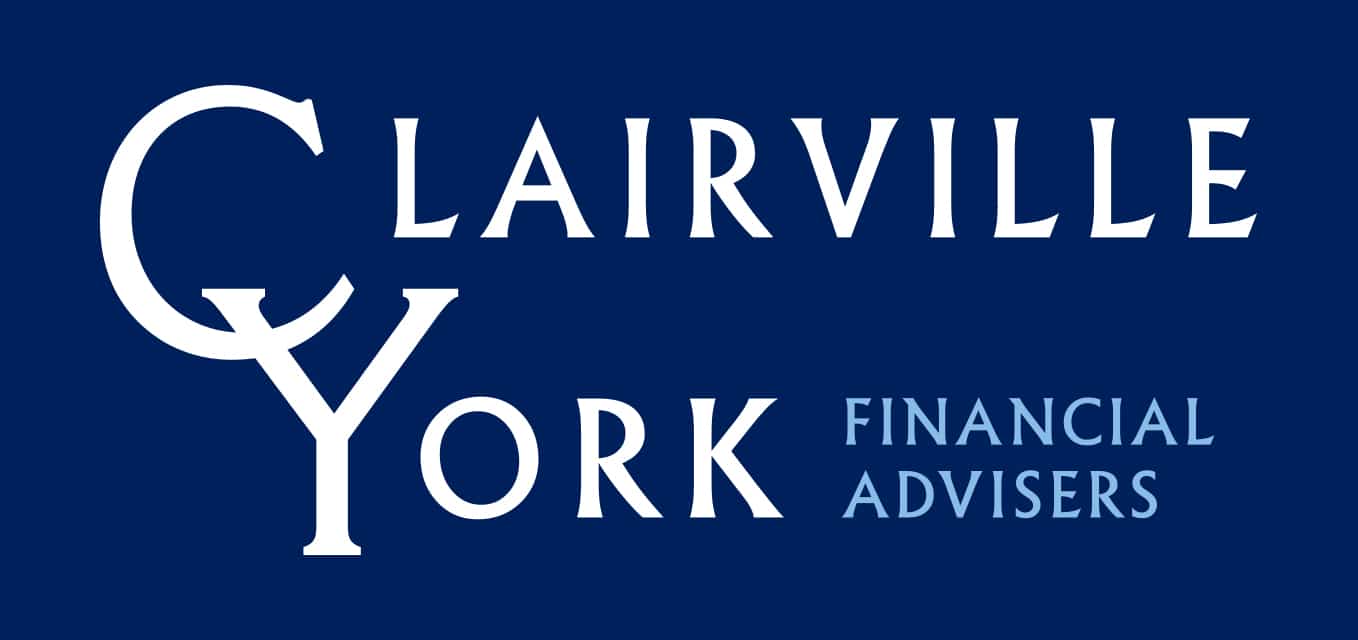National Savings Interest Rates
Today the Bank of England’s Monetary Policy Committee have met and have unanimously voted to increase interest rates from 0.5% to 0.75%. The minutes of their meeting also show that, “all members agreed that any future increases in [the] bank rate were likely to be at a gradual pace and to a limited extent.” Obviously, […]
